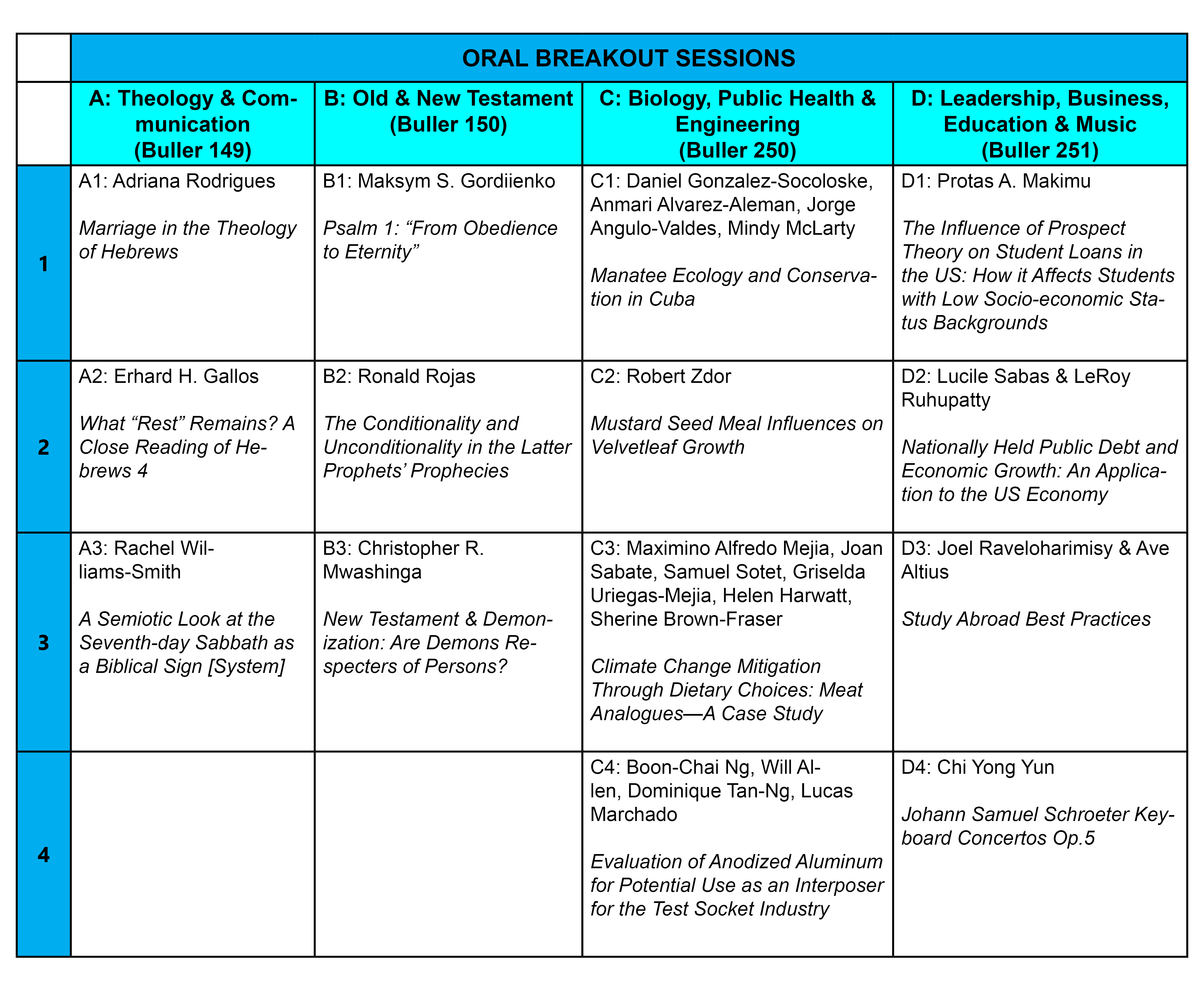
Oral Breakout Sessions
C-2 Mustard Seed Meal Influences on Velvetleaf Growth
Presenter Status
Professor of Biology, Department of Biology
Preferred Session
Oral Session
Start Date
30-10-2015 3:15 PM
End Date
30-10-2015 3:30 PM
Presentation Abstract
The use of natural products in weed management is an attractive option to reliance on herbicides for weed control. Mustard seed meal (MSM), a byproduct of mustard condiment production, has been used to suppress a variety of weeds and plant pathogens. In this study oriental mustard “Pacific Gold” seed meal was found to be superior to mustard “Ida Gold” seed meal in reducing velvetleaf seedling growth in soil. Formulation of oriental MSM with a deleterious rhizobacterium did not improve the weed suppressive effect of the MSM probably due to the loss of active agent during the formulation process. Further research is examining ally-isothiocyanate, the active agent in oriental MSM, as a herbicidial chemical in reducing velvetleaf growth.
C-2 Mustard Seed Meal Influences on Velvetleaf Growth
The use of natural products in weed management is an attractive option to reliance on herbicides for weed control. Mustard seed meal (MSM), a byproduct of mustard condiment production, has been used to suppress a variety of weeds and plant pathogens. In this study oriental mustard “Pacific Gold” seed meal was found to be superior to mustard “Ida Gold” seed meal in reducing velvetleaf seedling growth in soil. Formulation of oriental MSM with a deleterious rhizobacterium did not improve the weed suppressive effect of the MSM probably due to the loss of active agent during the formulation process. Further research is examining ally-isothiocyanate, the active agent in oriental MSM, as a herbicidial chemical in reducing velvetleaf growth.



Acknowledgments
Thanks to Jim Davis at the University of Idaho Canola and Mustard Program for providing the canola and mustard seed meals.